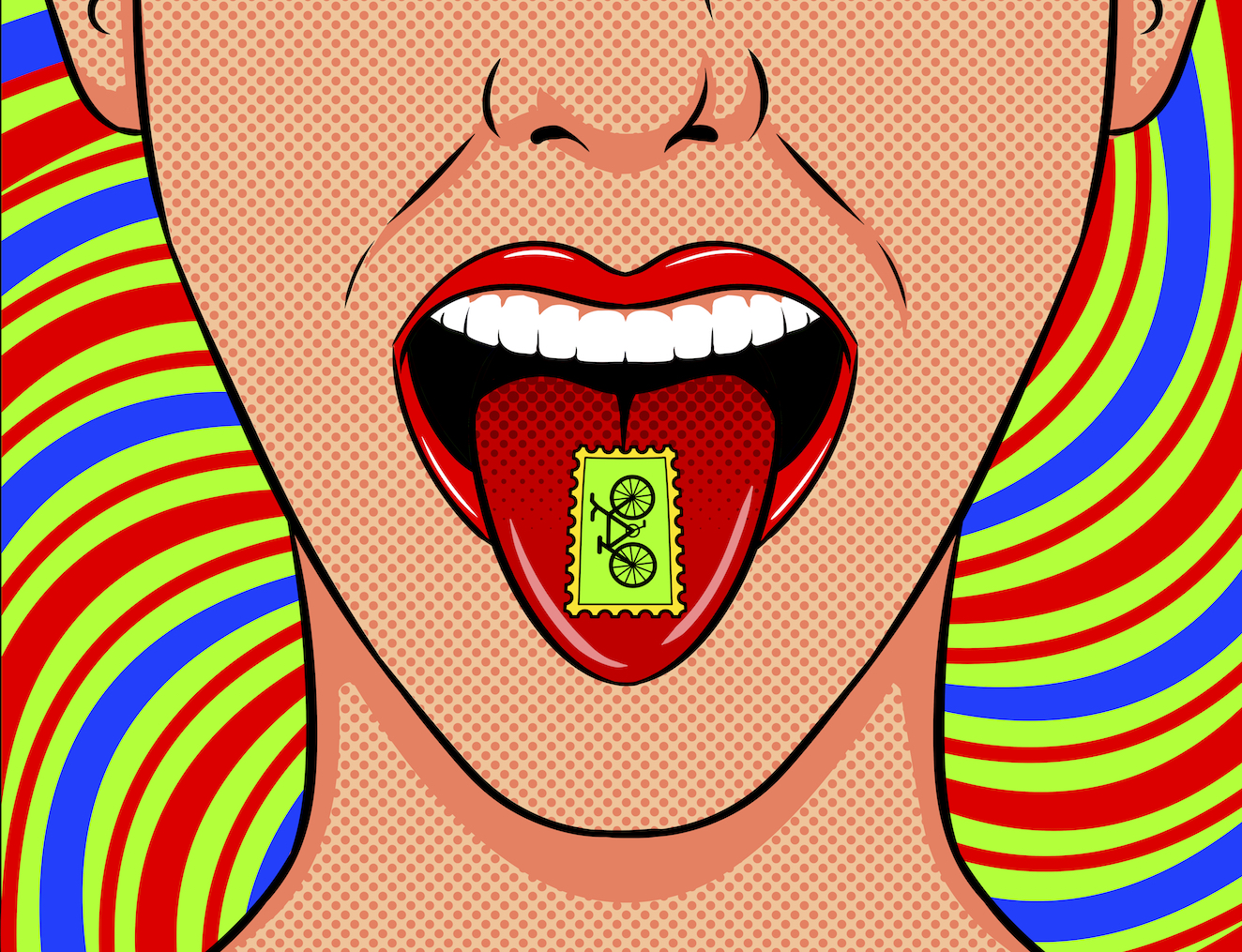
LSD disrupts the boundaries between yourself and others
The hallucinogen lysergic acid diethylamide (LSD) has been an intensely studied and even more intensely governed illicit substance since the famous MKUltra Project, in which the U.S. government tested its effects on unknowing participants. Since then, the study of this substance has been tightly regulated, but the effects it has on the human brain are still of great intrigue to scientists around the world.
A recent study published in JNeurosci by researchers from the University of Zurich has found that LSD alters activity of brain regions involved in differentiating between oneself and another. Researchers Katrin Preller and Franz Vollenweider led a team that investigated the role of the serotonin 2A receptor in social interaction – which a number of psychiatric disorders impair.
For the study, participants received either LSD, ketanserin (a drug that blocks the effects of LSD), or a placebo before they engaged in a gaze-following game with a virtual human-like character. Through a combination of eye-tracking and functional magnetic resonance imaging, the researchers discovered that LSD interfered with participants’ ability to coordinate their attention with the virtual character on a particular object on the screen.
Participants that took LSD had reduced activity in the temporal cortex and posterior cingulate cortex, which are areas of the brain imperative for establishing one’s sense of self. The effects of LSD blurred the line between experimental conditions where either the participant or the virtual character took the lead in directing attention. The researchers also found that these effects were blocked by ketanserin, which indicates that this receptor system could be a target for treating social impairments in disorders that are characterized by increased self-focus – such as depression – or loss of the sense of self – like in schizophrenia.
Overall, these findings may have implications for treating mental or mood disorders that affect so much of the population.
—
By Connor Ertz, Earth.com Staff Writer












